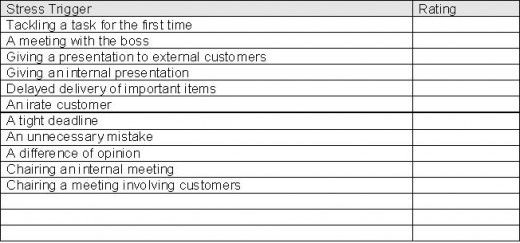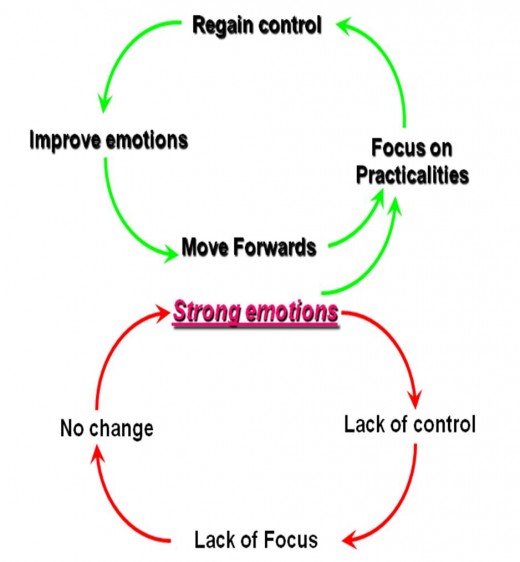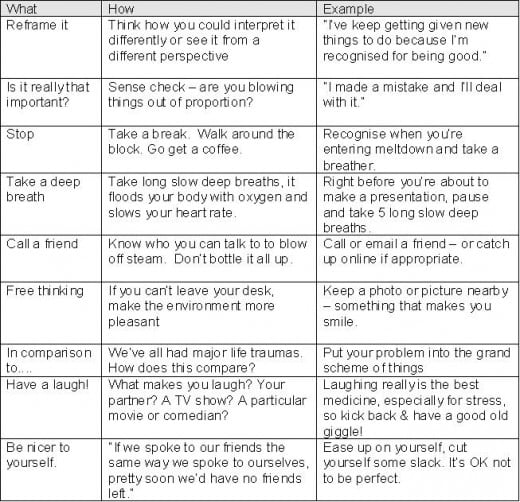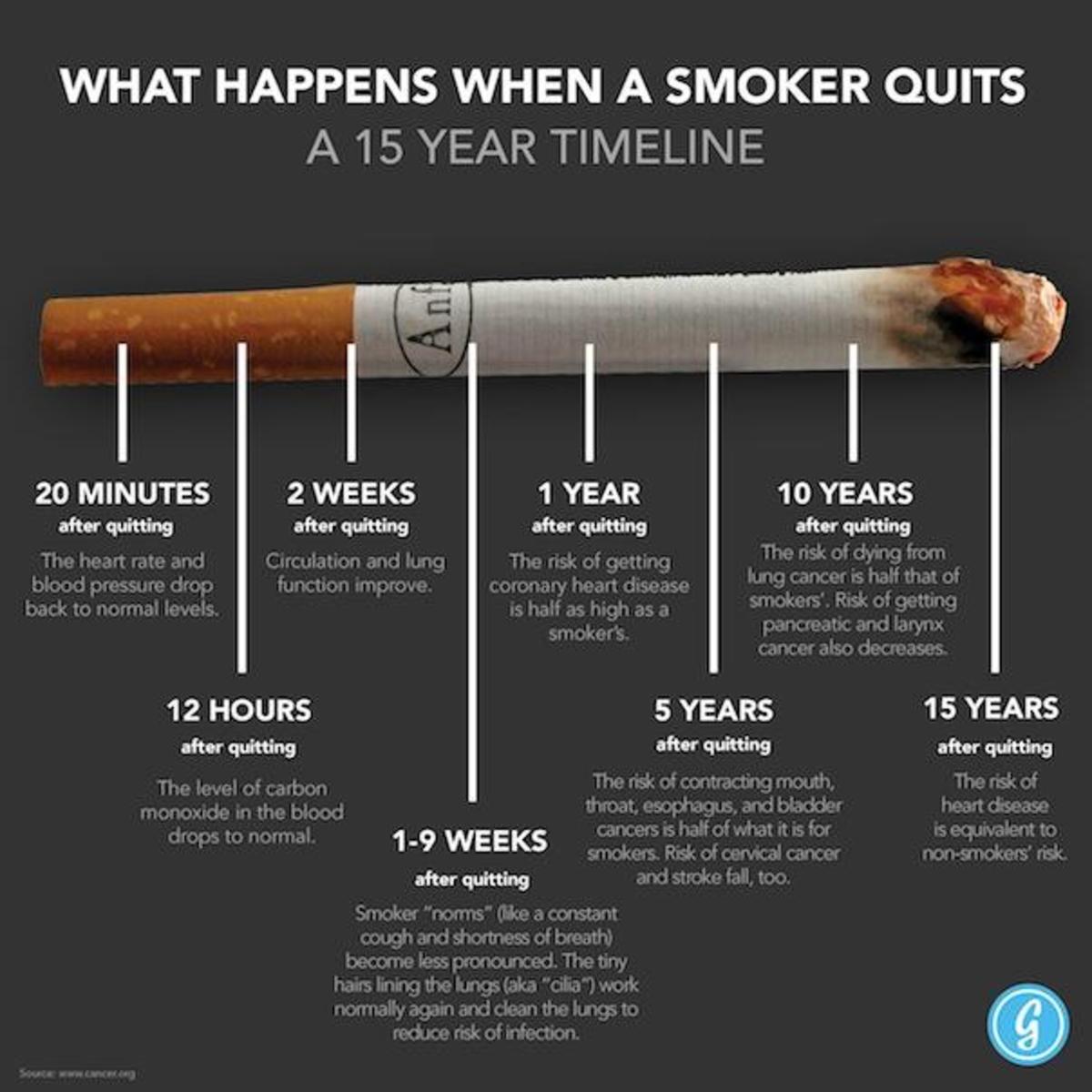How to handle stressful situations

It never stops!
Life is stressful and just when you think you've got over one stressful situation another one comes along, so it's no good just wishing for it all to be over. Over the past few years we've personally faced massive job problems, ill health and loss of income leading to a potential loss of our home. Instead of panicking and sinking under the stress of it all we came out fighting and have fundamentally changed our lives; we moved 300 miles north, found a new way to support ourselves and are now so much better off than we were before. Not financially maybe but certainly mentally. (And you can find out how we did that here.)
The biggest hurdle for you to overcome is this: YOU are responsible for managing your stress. You cannot control the actions of those around you, you can only control yourself. If you don't subscribe to that belief then there's not a lot of point in reading any further as there's no magic solution that doesn't require at least some effort on your part.
What gets you stressed?

So what's causing the problems?
Different things will cause us different amounts of stress – and we all respond differently to different stress triggers, what one person finds a stressful situation another person will breeze through. In the table identify how much stress each of the things listed will cause you. I’ve left a couple of spare boxes at the bottom for you to insert any I’ve missed. Mark each stress trigger out of 10, with 10 being maximum amounts of stress and 0 being no stress at all.
Now put a tick next to those you encounter on a daily basis. The stressors you need to tackle first are those with the highest scores and those occurring most frequently.
Read through the following story and think about how stressed you’d be getting at each stage.
- Despite leaving in plenty of time you’re now running late for your 9.30 appointment. Your calendar is back to back with important meetings for the whole day and you'll be lucky if you get any lunch.
- You get held up in traffic on your way to the station. When you get there the ticket machine isn't working so you have to queue for a ticket but, after a mad dash over the footbridge, you just about make it to your train just as the doors are closing..
- You squeeze your way into the carriage, there are no seats and people are crammed around the doorways. The train starts to move, albeit very slowly
- A hundred metres or so down the line the train grinds to a halt in a tunnel. It has been stationary for the last fifteen minutes and there are no announcements.
Stressful situation? Ready to blow yet? Why? Simply do the things you can and let go of the stuff you have no control over. A couple of weeks back I was on my way to deliver a training course when my train was delayed by 3 hours. I just called ahead, explained what was happening and settled down with a good book. When I eventually arrived I was still in good shape to deliver the course.
Occasional stress won’t do us any lasting harm – but if we are continually under more pressure than we’re comfortable with we can start to do serious harm to our bodies.
Some useful literature
So what exactly are we doing to ourselves?
When we are stressed the following is happening in our bodies:
- Our heart rate increases.
- Our muscles get tense and ready for action. (That's why your shoulders feel tight.)
- Our breathing rate increases.
- Our bodies start producing adrenaline and cortisol ready for fight or flight.
- Because we're not fighting or 'flighting' these chemicals accumulate in our bodies.
- This can impair our immune system. (Which is why you usually get sick when you're stressed - and that's the last thing you need!)
- Our blood pressure rises.
- Our digestive system slows - which is why you get a sick feeling in the pit of your stomach.
In short you're doing yourself physical harm and potentially storing up big problems for later in life.
What NOT to do.
Stressful situations can bring out the worst in us. Cigarettes, alcohol, food, pills, chocolate. Tempting though they are, none of the above are a great idea in the long term. They may mask the symptoms (and pleasantly alleviate them for a while) but in the long term they make your body less able to cope with stress. They also don’t tackle the root causes of stress and, unless you do that, things won’t improve.
If you were going to enter a car into a long race you’d make sure it was in tip top condition before you started. And it’s the same with your body. Dull as it sounds there’s no better first step for dealing with stress than a healthy diet and plenty of exercise.
One other quick thing I ask myself if the stress is being caused by a particular individual or organisation is this: "Are they worth me lopping a few days/ weeks off my life for?" The answer is invariably no.
Think through the last week and make a note of how many times you responded to stress by resorting to one of the things above, and how many times you made a conscious effort to do something healthy.

How are you doing?
Tackled stress with unhealthy
| Ate 5 portions of fruit & veg and/ or took 30 mins of exercise.
| |
|---|---|---|
Monday
| ||
Tuesday
| ||
Wednesday
| ||
Thurday
| ||
Friday
| ||
Saturday
| ||
Sunday
|
Take charge!
Having been through a massively stressful situation myself over the past couple of years and having coached and trained many other people facing similarly large changes in their life, the one common factor is a feeling of being out of control. The feeling that your life is no longer your own and that what happens to you is dependent upon something, or someone, else.
The answer is straightforward, you need to retake control of things - even if it's only small things to begin with. For me it meant sitting down and working out our finances, drafting my CV and starting an online job hunt. (And if you want to know how to get stuck into that then you can find out here.)
A good wallow in self pity is OK every now and again - I call them "Bridget Jones evenings" - but they won't move you any further forwards in the long run. Having thought about it long and hard I came up with the diagram below to describe the process.
Vicious -v- Virtuous Circles.

So, what else can I do?

One last thing.
Don’t pass it on! Ever heard the expression “He’s not stressed – but he’s a carrier”? If you’re stressed think about the effect it’s having on those around you. In a survey I carried out within a major law firm when I asked the questions “Can you tell when you’re manager is stressed” 82% of people said ‘yes’.
Some ways you can break the cycle:
- Smile
- Don’t join in with the blame culture
- Communicate – lack of information often leads to increased stress
- Give and accept support
- Work together
- Ask for help if you need it
- In the book Gone with the Wind, Scarlett O’Hara says, “I can't think about that right now. If I do, I'll go crazy. I'll think about that tomorrow.” Good advice!
- Listen to others
- Be considerate
- Get on top of your time management
- If you’re a manager, encourage your team to take their breaks
Invest in some ‘me’ time. Make a list of things you enjoy doing that help you unwind. and remember to make time for yourself to do some of these things each day. Why? Well as those chaps at L'Oreal would say; "Because you're worth it."










